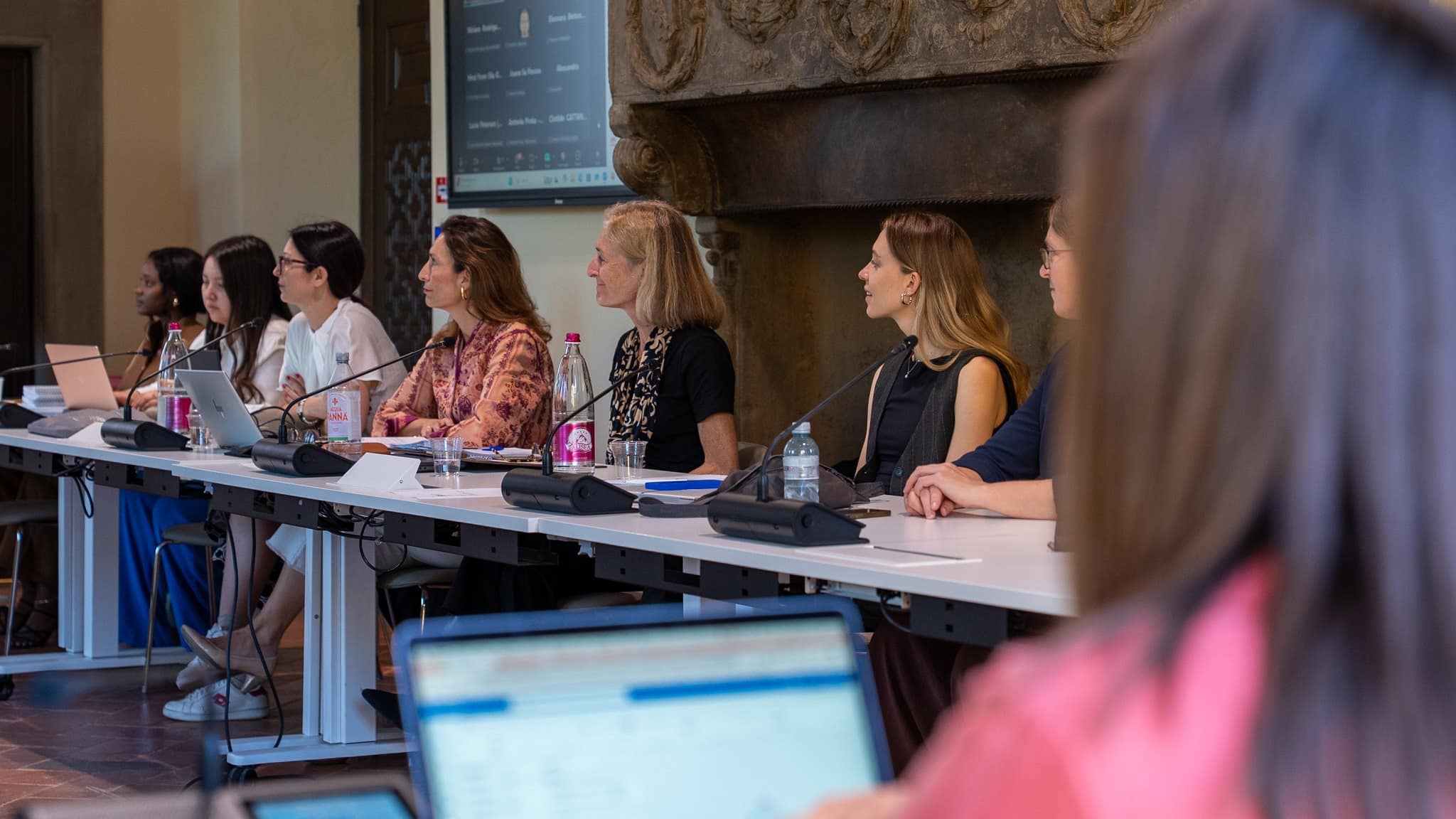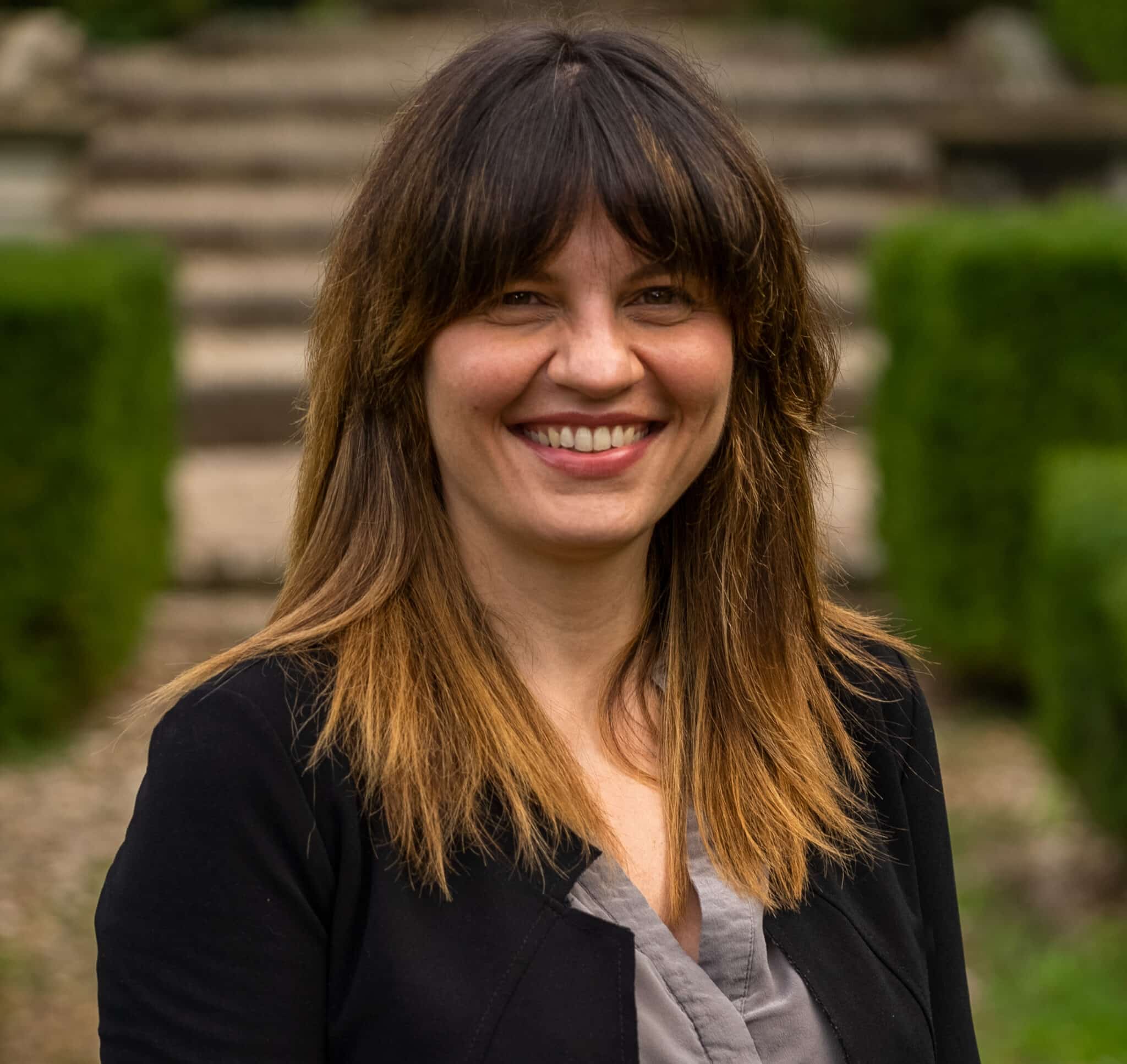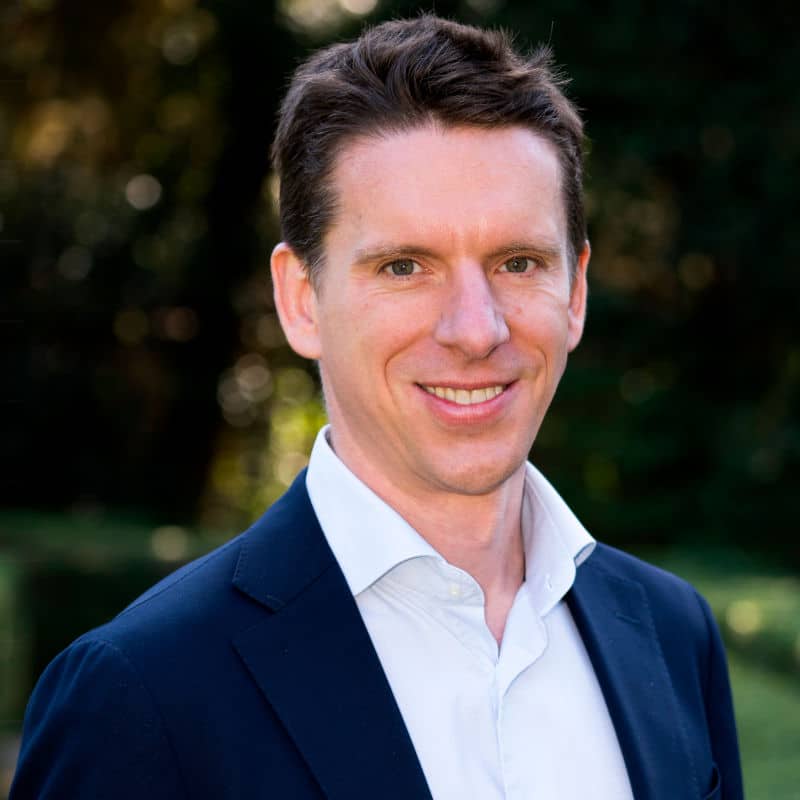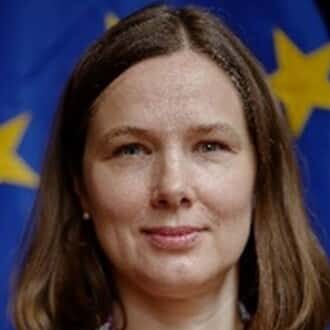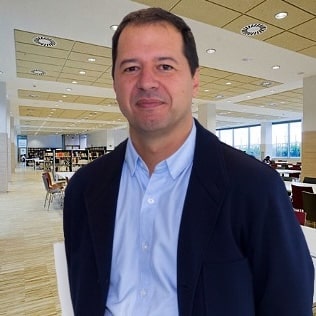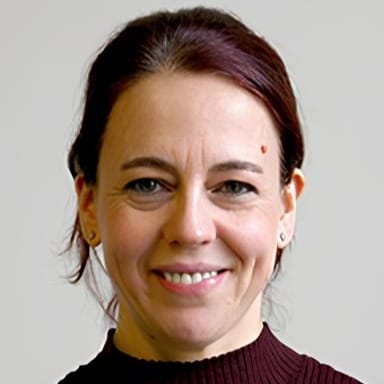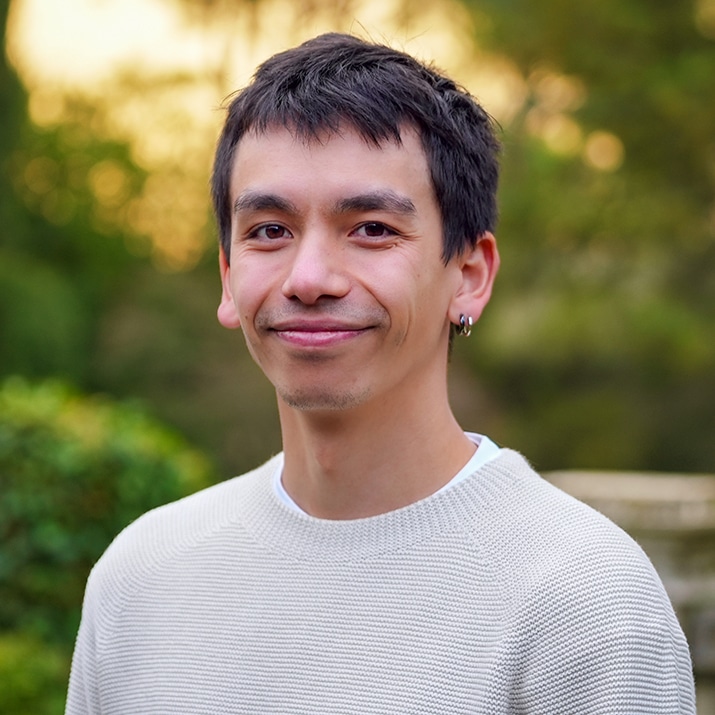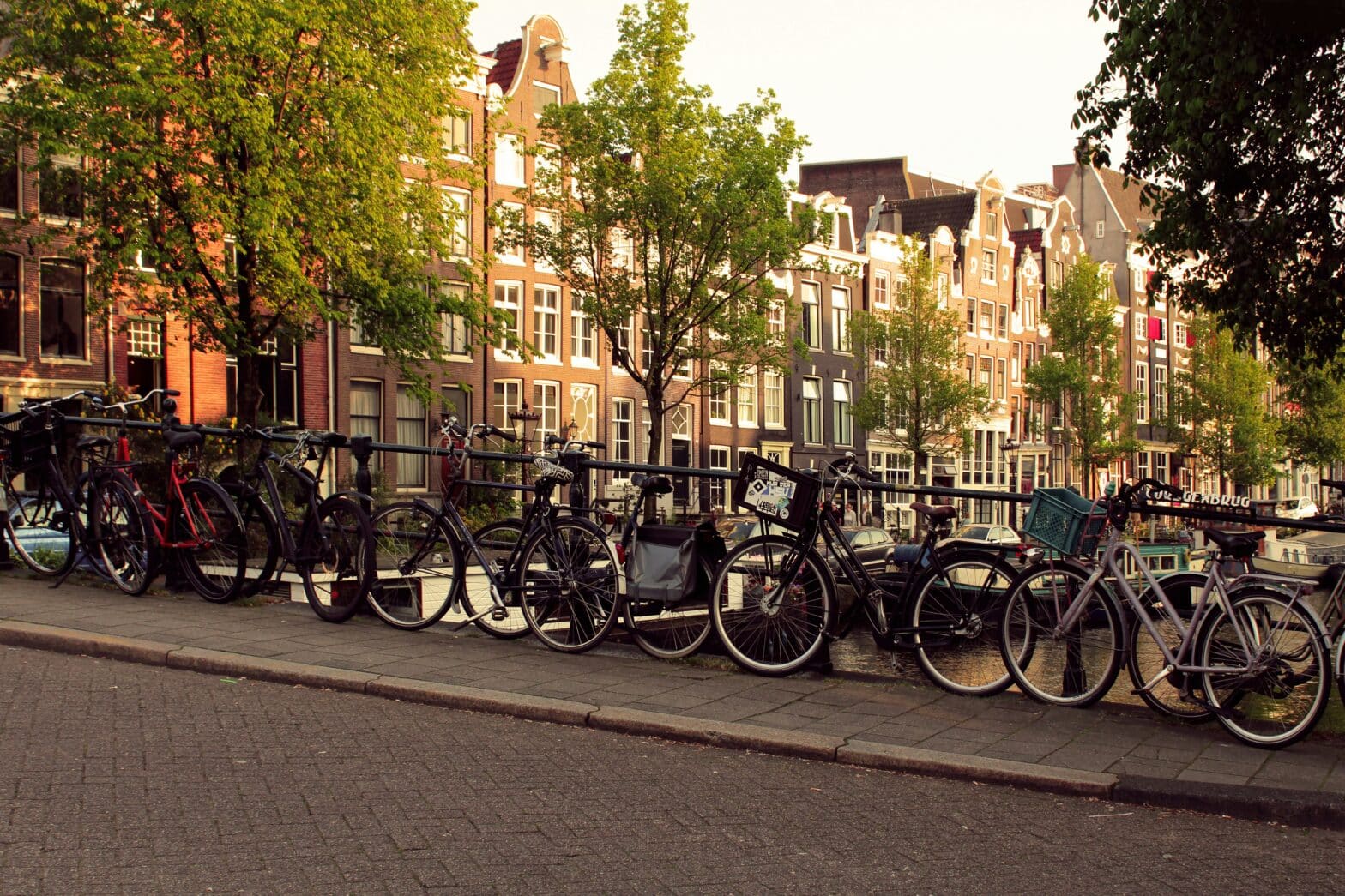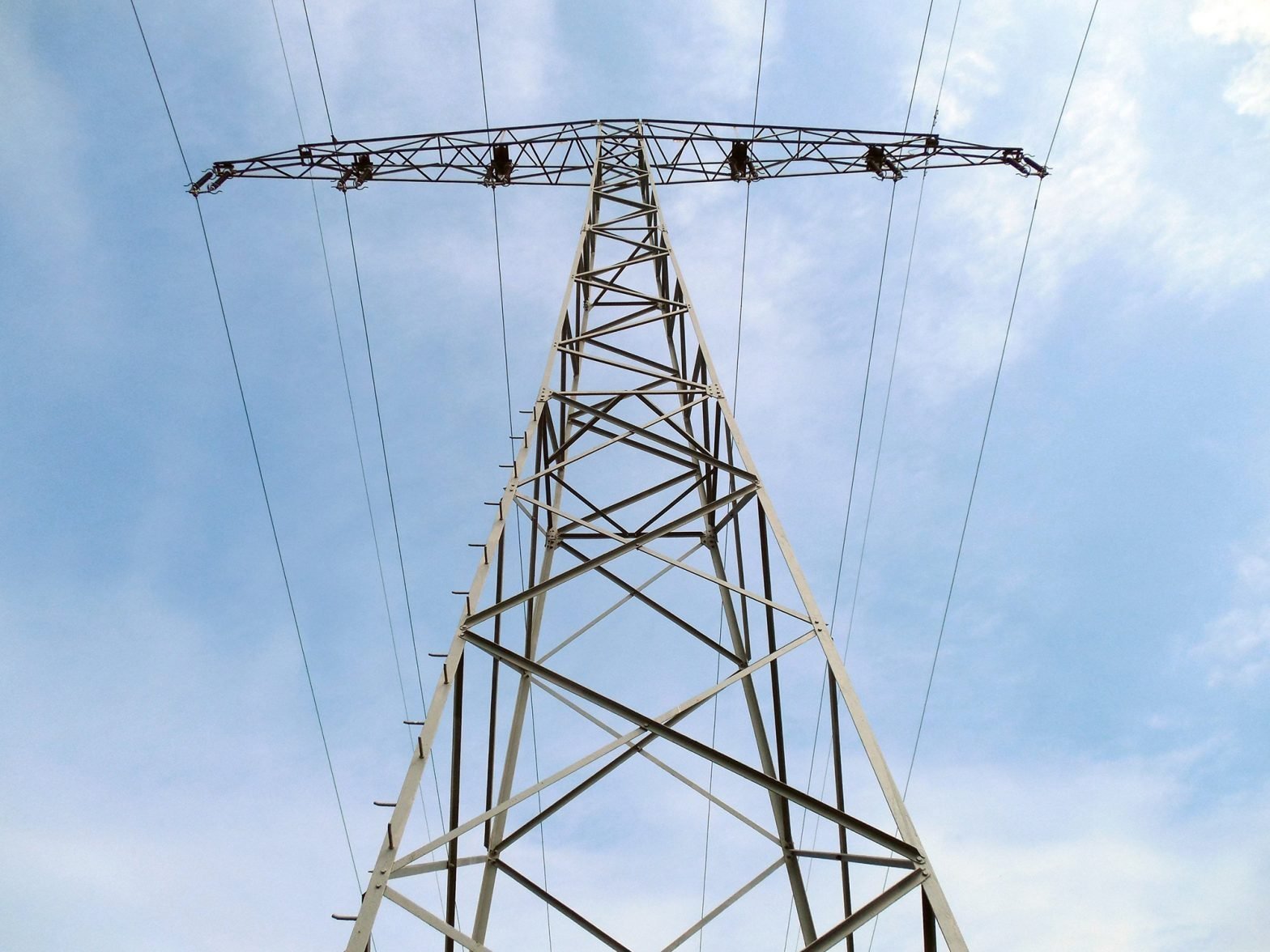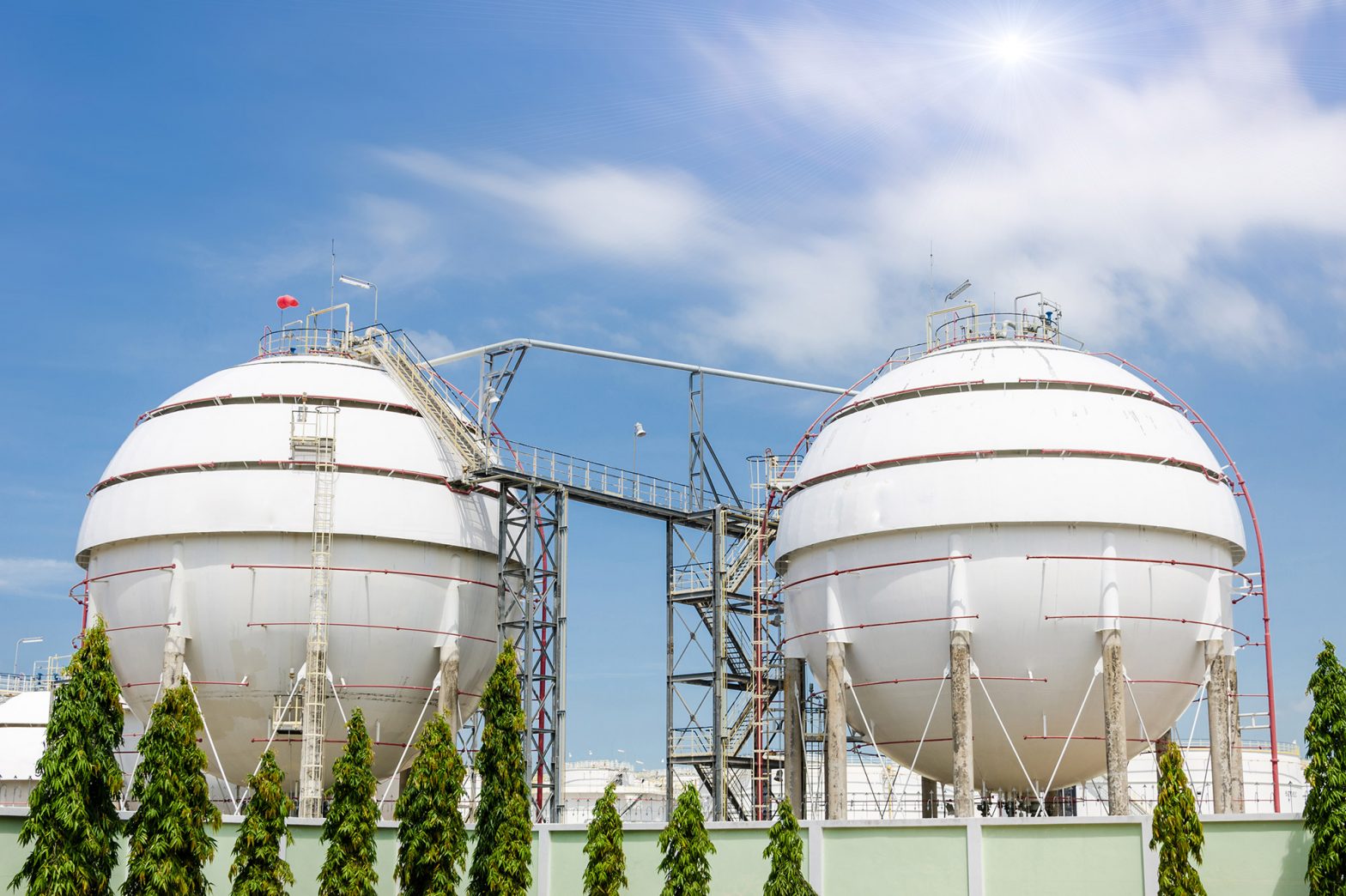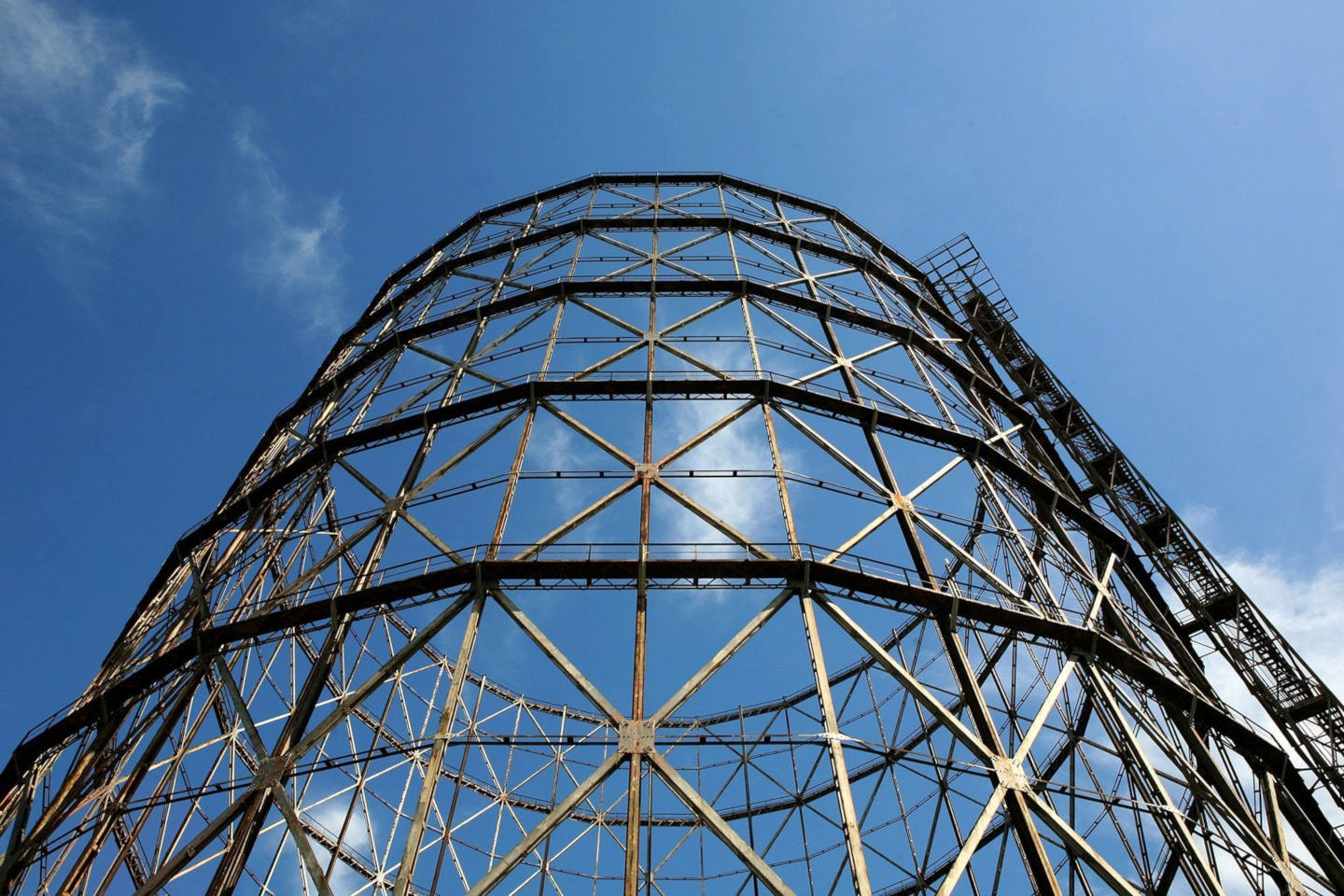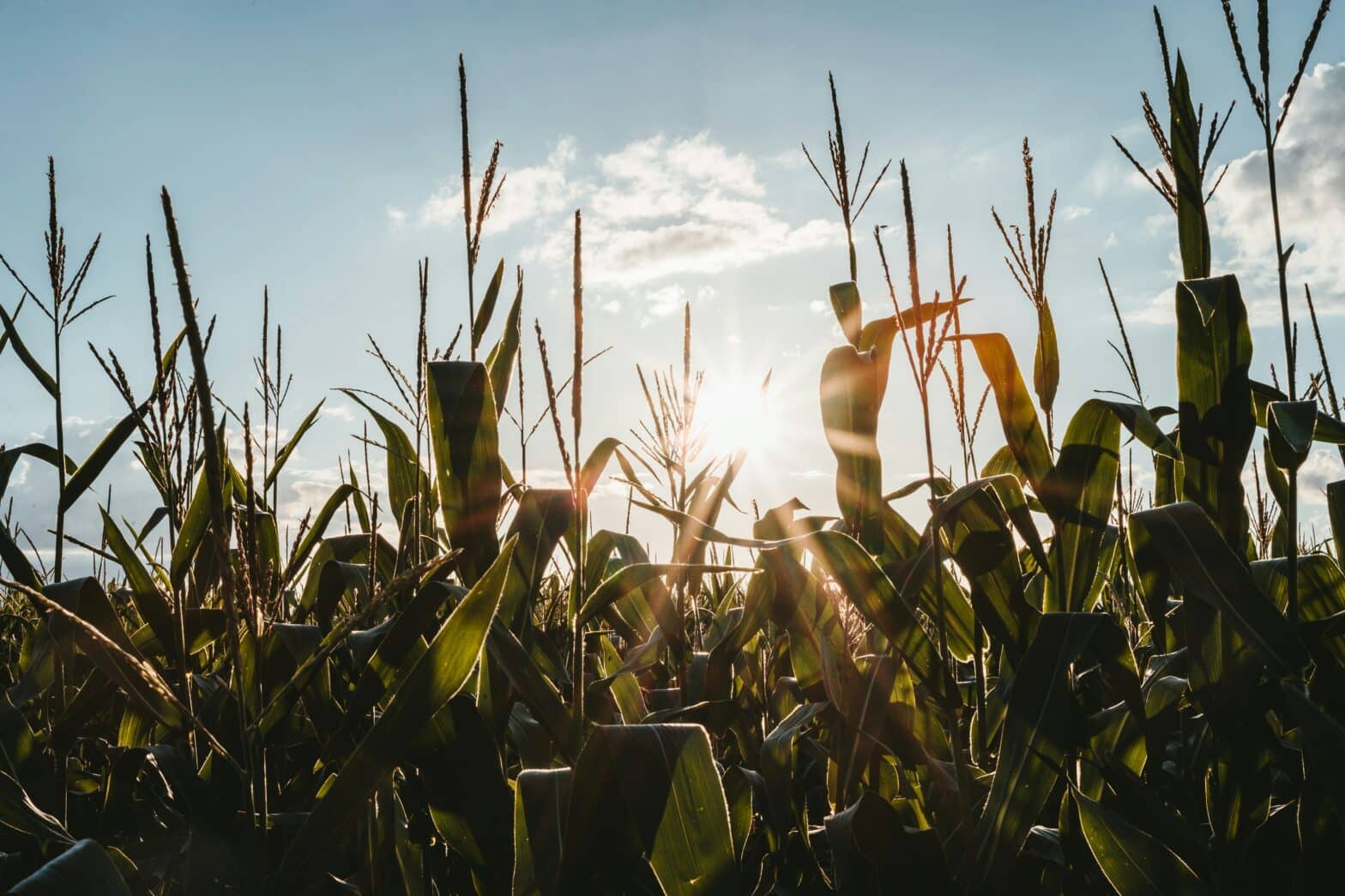Loyola Autumn Research School – LARS
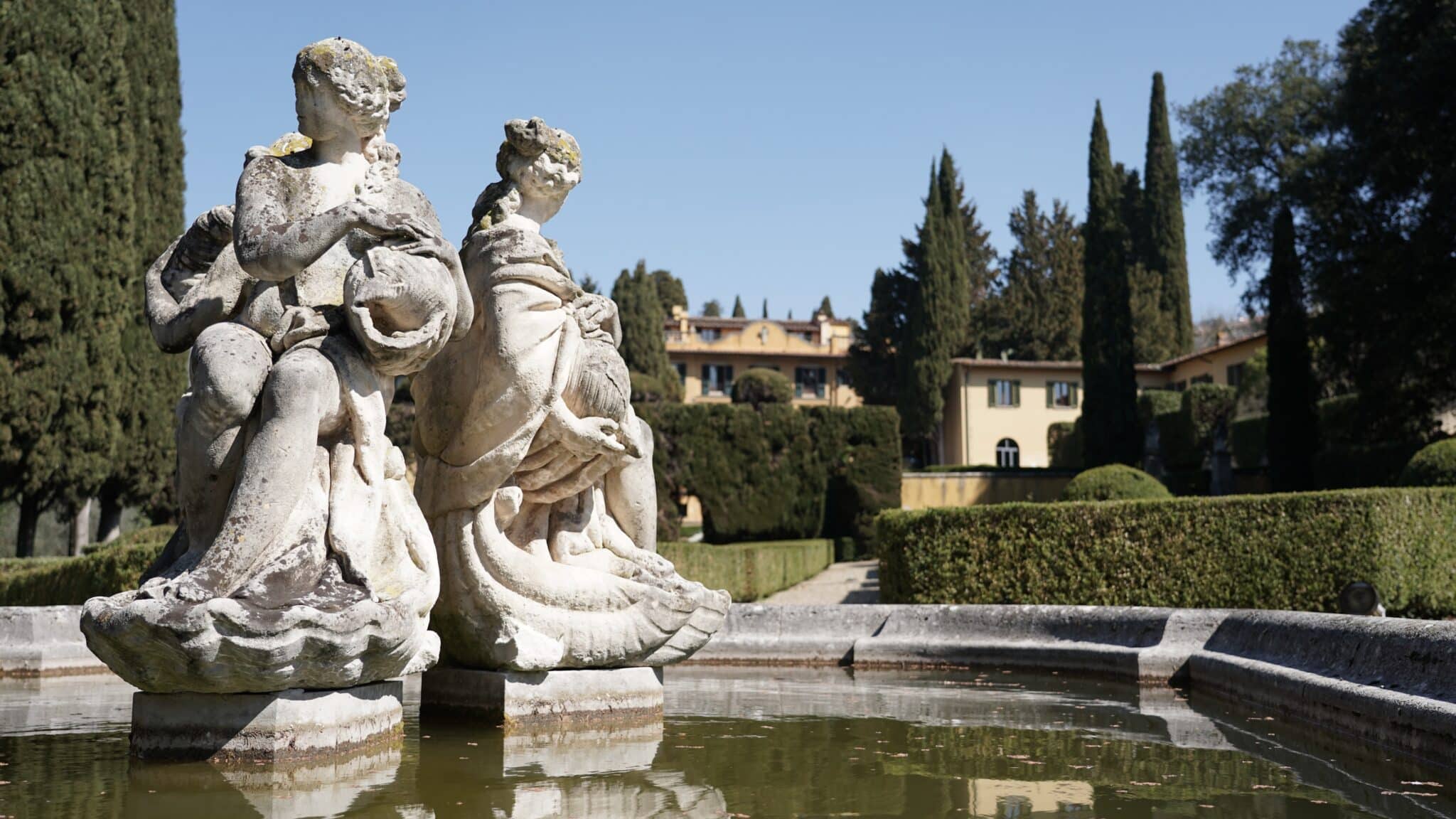
Crafting research with impact on energy policy and regulation
LARS is a residential training addressing researchers with modeling skills who are keen to support the energy policy and regulatory debate.
During the two days in Munich, academic presentations will be followed by testimonials from the policy world and industrial representatives and journal editors in the field of energy economics and engineering will share insights on how to create a presence in academia with relevant publications. Participants will also apply what they have learned in the course by exchanging feedback on the research papers submitted by other participants, with additional coaching from the instructors in the course.
The 2026 edition will be held exclusively in a residential format, thus only a selected number of participants will be admitted.
Participants’ selection is based on the quality of the submitted research papers and a short motivation letter. We accept working papers, papers under review, and papers that have already been published. Please specify the status of your paper and why you seek additional feedback. By submitting your paper to this Autumn School, you also have the opportunity to win the annual Loyola Award.
Please note: Participants will receive a response regarding their admission after the registration deadline.
The Florence School of Regulation and the Loyola de Palacio Chair are organizing this Autumn School for Researchers in consortium with the International Association for Energy Economics.
LARS is for researchers with modeling skills who want to support the energy policy and regulatory debate. During the three days of the school, presentations from academics using modeling to assess policies and regulations will be followed by testimonials from (former) policymakers and industrial representatives who will share their experience working with academics. Finally, journal editors in the field of energy economics and engineering will offer suggestions and insights on how to create a presence in academia with relevant publications. We will also discuss what researchers can do when there is no time to do modeling but still want to make a valuable contribution to the debate. Participants will also apply what they have learned in the course by giving and receiving feedback on the research papers submitted by other participants, with additional coaching from the instructors in the course.
This training is the successor of 3 successful editions of the ”Summer School on Energy Systems for Young Researchers”.
The aim of the training is:
- To explain and interpret different approaches in energy-applied research.
- To apply and elaborate accurate models and conceptual frameworks for an impactful analysis of energy-related issues.
- To discuss recent quantitative and qualitative research and tools to analyze gaps in the energy policy and regulatory debate and support it.
- To examine the interactions between different research approaches and better understand the related challenges for policymakers, regulators, and businesses.
- To provide in-depth exchanges and peer-to-peer feedback on the participants’ research work.
After completing the course, participants will be able to:
- Understand the general features of applied research.
- Have an overview of modeling tools to analyze energy-related issues and assess the potential of alternative research approaches to the same issues.
- Develop a comprehensive view of the interactions between the different research approaches and of the support they could give to policymakers and regulators.
- Exchange knowledge and experiences with fellow participants and closely interact with experts in the field.
- Gather feedback on your related research work.
The training is designed for Ph.D. students, post-doctoral researchers, academics, and researchers interested in crafting research that impacts energy policy and regulation.
A minimum understanding of quantitative research methods is required. A background (Ph.D. or equivalent research experience) in engineering, energy economics, or energy-related topics is recommended
The course will last two days. The sessions are structured with presentations from academics, followed by an applied workshops and testimonials. The course’s final session will have insights and presentations from scholars and journal editors.
The workload is expected to be 8 hours/day during the course and approximately ten to fifteen hours before the beginning of the course.
Please note that only a selected number of participants will be admitted. Participants are required to enclose to their registration form:
- a short CV (max. 2 pages),
- an extended abstract (max. 600-800 words). The full paper will be required at a later stage.
- a motivation letter (max. 2,500 characters) which must include the following:
- the status of the paper (i.e., published, under review, working paper, draft paper),
- reasons for seeking additional feedback
- motivation for joining the school.
Please note that the information above is mandatory to guarantee a certain level of advancement and to enable participants to be efficiently matched for peer reviewing and further interaction.
Participants will receive a response regarding their admission after the registration deadline.
Selected participants will be required to submit their final research paper, ranging from 4,000 to 8,000 words (excluding the title, author names and affiliations, keywords, abbreviations, table/figure captions, acknowledgments, and references), by May 2026.
Each year, the Florence School of Regulation – Energy and Climate (FSR Energy & Climate) awards scholarships for a wide variety of training courses targeting a broad audience of professionals and academics.
Applications will be assessed by a Selection Committee of FSR members on a yearly basis. The successful candidates will be informed after February 2026 and will be provided with all relevant information on how to enroll in the online course or residential training of their choice.
Send your application by 25 January 2026.
Find more information here



